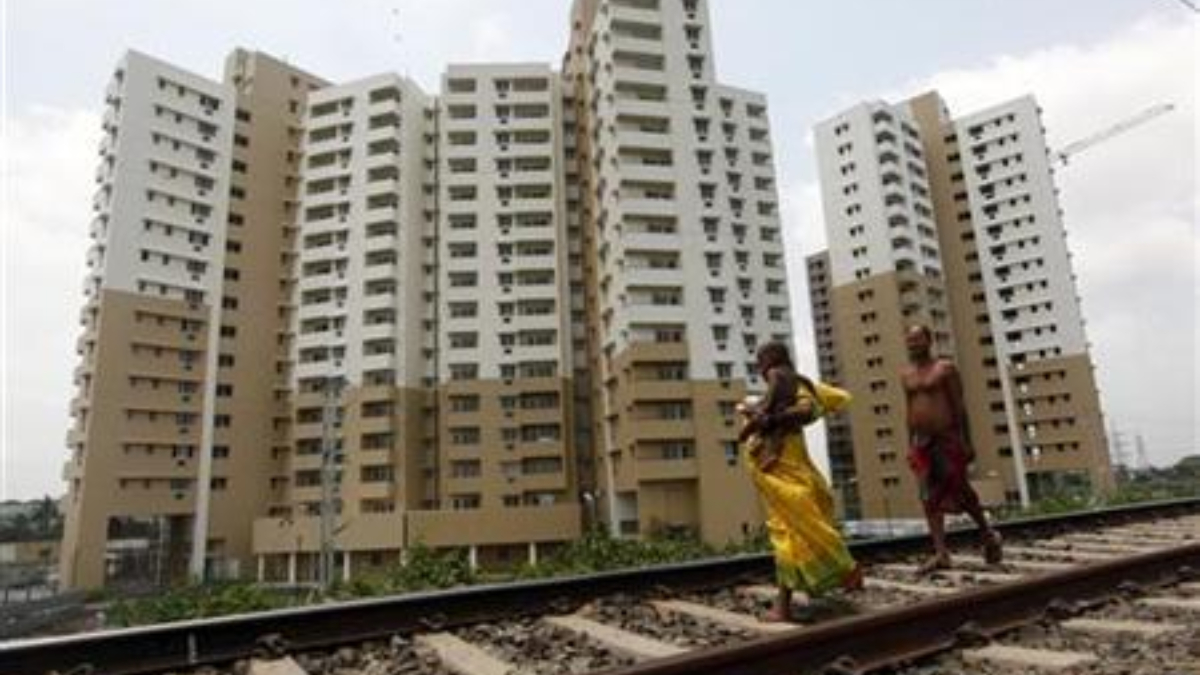Real estate-focused private equity funds expect the current boom in housing sales to sustain and do not see any concerns of a potential bubble in the segment.
Housing sales across the top seven cities have hit a record high in the third quarter of the calendar year, despite the usually slow monsoon quarter, and are expected to touch a decadal high this year, say property consultants.
“We anticipate that residential sales will remain resilient in the coming quarters. Despite recent interest rate hikes by the RBI, demand in the real estate segment has continued to strengthen over the past two years,” said Anand Lakhotia, co-head, real estate funds at Motilal Oswal Alternates.
This sustained momentum can be attributed to several factors, including enhanced affordability for homebuyers, a growing appreciation for homeownership and the ongoing trend of rapid urbanisation,” Lakhotia said.
Motilal Oswal Alternates is raising a Rs 2,000-crore fund to lend to developers.
Data from the first three quarters of 2023 suggests that new property launches in Tier 1 cities in 2023 will match those in 2022. However, demand is projected to increase by 8% compared to 2022, leading to a 5% decrease in unsold inventory at the end of 2023 compared to the year-ago period, Lakhotia said.
Sunil Rohokale, managing director and CEO of Blackstone-owned ASK group, said that buyers have lapped up completed projects and those where prices have shot up in the fear of missing out.
However, he said prices have not moved much in the recent years. Prices of completed apartments are 30-40% higher than those under construction.
“We are not moving towards any bubble. If sales velocity is maintained, the problem of unsold inventory would not be much,” Rohokale said.
He added that developers are launching projects after securing all approvals as mandated by the Rera (Real Estate Regulation and Development) Act, 2016.
While sales were averaging 300-350 million sq ft in top six cities during most parts of the last decade, it rose to ~400 million sq ft in CY21 and to ~550 million sq ft in CY22, and is tracking a run rate of over 600 million sq ft in CY23, said Sonu Jalan, managing partner at Kotak Realty Fund.
“Unsold inventory has been consistently falling on back of buoyant sales and is presently at ~600 million sq ft (12 months inventory overhang). It doesn’t appear to be a challenge as of now,” Jalan said.
Though many factors like rapid urbanisation, nuclearisation, younger population, formalisation of the economy have fulled long-term residential demand in the country, raising property prices along with raising mortgage cost may become a dampener. Hence, this needs to be watched closely in coming quarters, he said.
Kaushik Desai, managing partner at WSB Partners (earlier called as Walton Street India) believes that residential market has turned around post covid and they are seeing a steady end-user demand for residential inventory. Inventory overhang has come down significantly over time, as has been reported in a few recent IPC (international property consultancies) reports, he said .
“We believe residential sales are expected to remain steady in the coming quarters as the demand is end-user driven,” Desai said.
He said they are seeing this in their portfolio companies/projects. “Of course, we have to watch out for the developments happening globally, which could have some short-term impact,” he said.
There was a limited growth in residential prices from 2015- 2020. However, in the past 12-18 months, they have seen an uptick in prices across major tier I cities. “At current overhang levels, we believe prices will steadily rise in tandem with demand,” he said.

